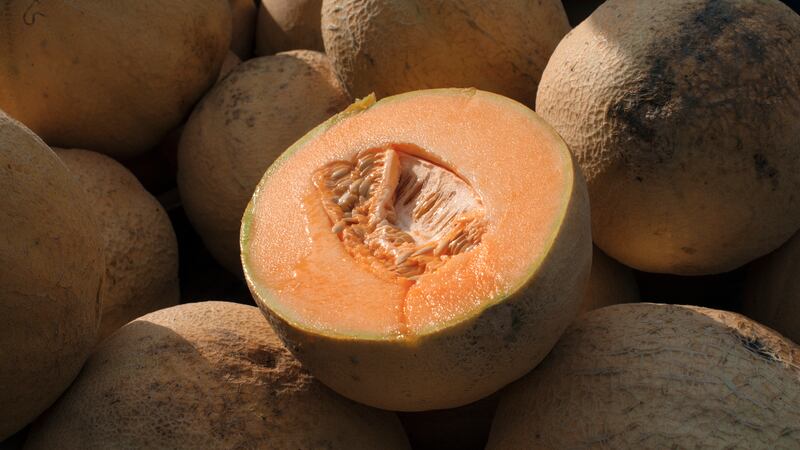In a disconcerting turn of events, the US Food and Drug Administration (FDA) has revealed that a salmonella outbreak that is tied to whole and pre-cut cantaloupe products is rapidly escalating, with a grim update indicating a third reported death in the United States. The Food and Drug Administration, in its recent outbreak update on Thursday, disclosed a staggering 230 cases of illness across 38 states in the USA, including the three fatalities. Disturbingly, Canada has also been affected, confirming 129 cases of salmonella, which have tragically resulted in five deaths across six provinces.
The demographics of those affected are notable, with the majority falling into the age brackets of 5 years and younger or over 65. The Public Health Agency of Canada underscores that many of the afflicted individuals had some association with group care settings, such as nursing homes or daycares.
This outbreak, linked to cantaloupes grown in Mexico and sold under the Rudy and Malichita brands, has triggered concerns about the safety of these commonly enjoyed fruits. The implicated cut fruit products have found their way into the supply chains of major retailers, including Sprouts, Trader Joe’s, KwikTrip, RaceTrac, Aldi, Walmart, and Vinyard, further amplifying the urgency of the situation.
The US Centers for Disease Control and Prevention (CDC) has issued a stern warning to the general public, advising against the consumption of pre-cut cantaloupes if the origin is uncertain, specifically mentioning the Malichita or Rudy brand of cantaloupes. This admonition extends to cantaloupe chunks and fruit mixes containing cantaloupes sold at both restaurants and grocery stores.
For those who may have the recalled fruit products at home, the CDC recommends immediate disposal or returning the items to the store of purchase. Furthermore, it is crucial to meticulously wash any items or surfaces that may have come into contact with the contaminated fruit, advocating the use of hot, soapy water or a dishwasher to eliminate the bacteria effectively.
The CDC is not only addressing consumers but also urging businesses not to sell the contaminated fruit, emphasizing the necessity of washing and sanitizing any items that may have had contact with the affected products.
Salmonella, a bacterium notorious for causing symptoms such as vomiting, diarrhea, stomach cramps, and fever, has prompted the CDC to urge those exhibiting certain symptoms to seek medical attention promptly. Symptoms typically manifest within six hours to six days after ingestion of the bacteria. Warning signs include a fever higher than 102°F, persistent and uncontrollable vomiting, diarrhea that won’t abate, bloody diarrhea, or dehydration.
While salmonella can affect anyone, certain demographics are more vulnerable to severe symptoms, including the elderly, pregnant women, children, and those with underlying health conditions that compromise the immune system.
The prevalence of salmonella infections is not to be underestimated, as it causes approximately 1.35 million human infections and leads to 26,500 hospitalizations in the the United States annually, according to data from the CDC. The financial ramifications are substantial, with foodborne salmonella infections imposing an estimated cost of $4.1 billion on the United States each year, as reported by the US Department of Agriculture.
The investigation into the outbreak is ongoing, with collaborative efforts from the CDC, FDA, and the Public Health Agency of Canada to identify any additional cantaloupe or fruit products that may be contaminated. As consumers grapple with concerns over food safety, staying informed and exercising caution in the consumption of cantaloupe products is paramount to mitigating the risk associated with this widespread outbreak. Vigilance, timely disposal of affected items, and adherence to recommended sanitation practices remain pivotal in curbing the further spread of this salmonella outbreak.



